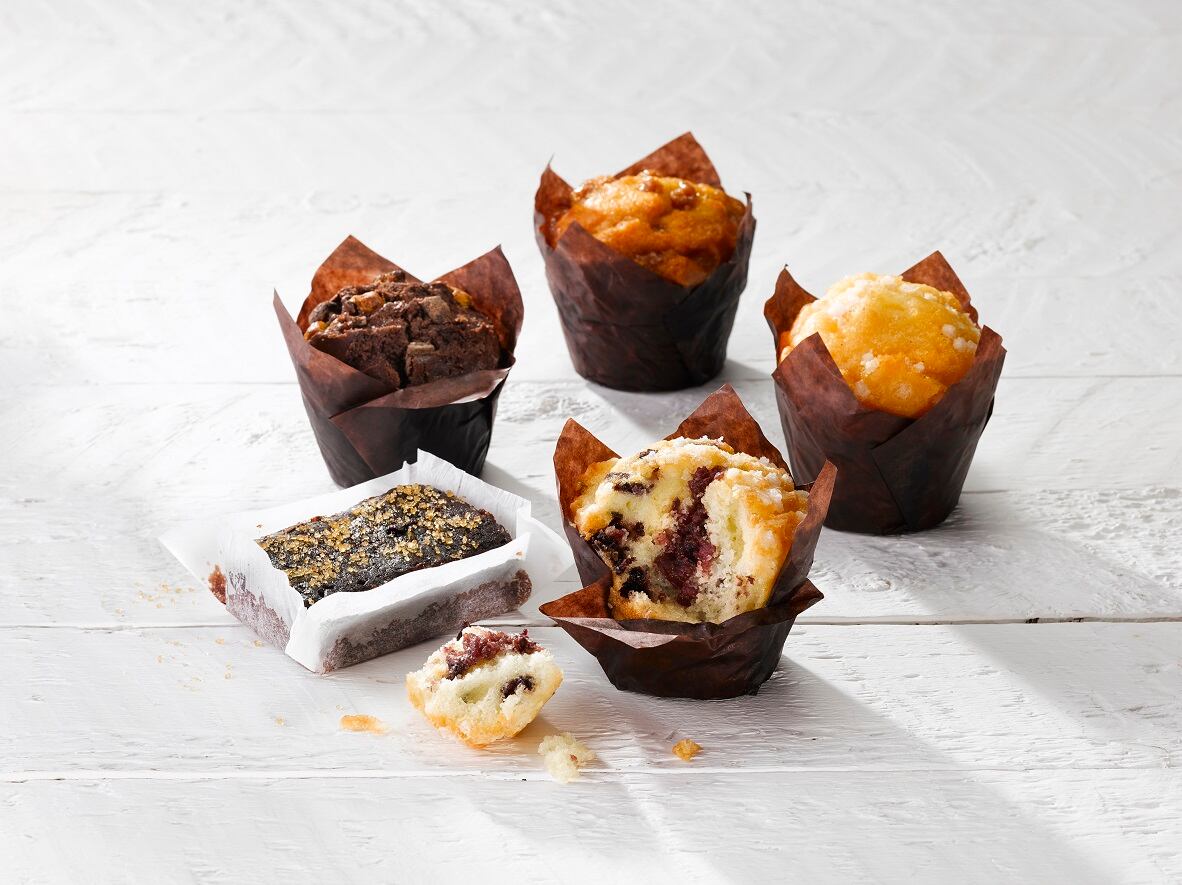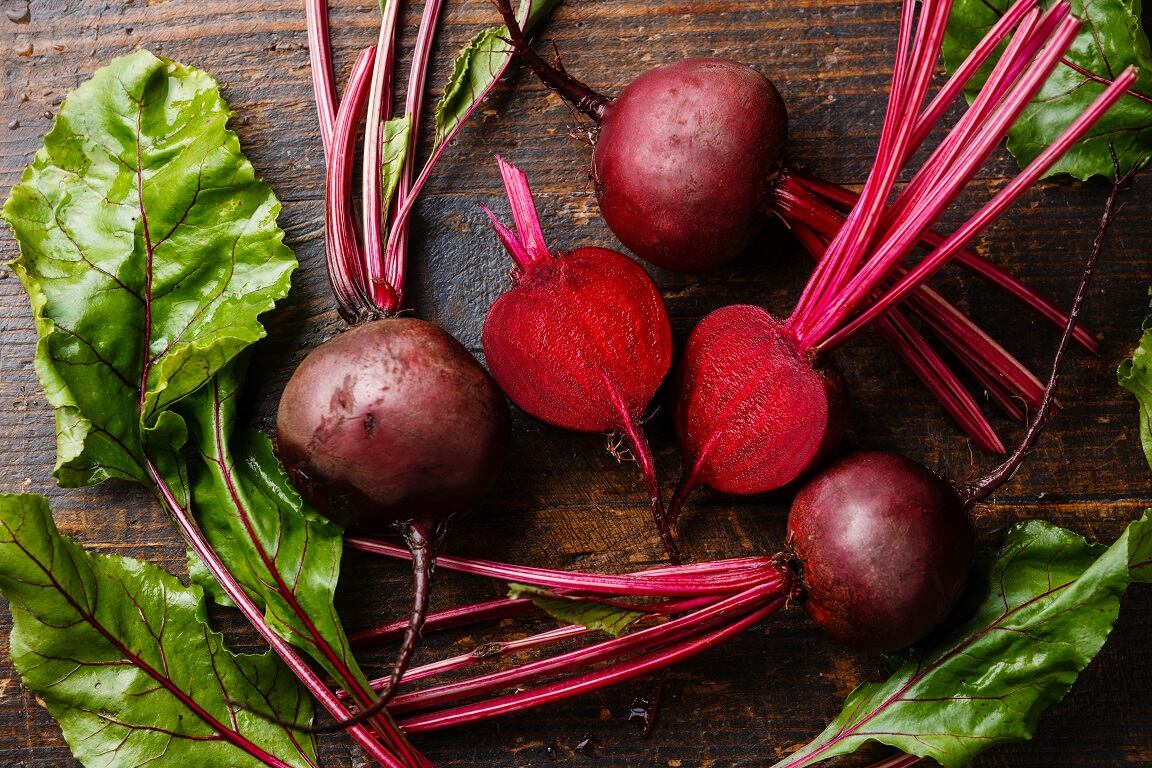These global trends are now continuing to exert a heavy influence on the food sector and on bakery and confectionery ingredients.
Consumers are now making their voice known on ethical issues such as Fairtrade and sustainable sourcing as well as health concerns. Throw into the mix the Government's anticipated response to the National Food Strategy Part 2, which was published last month, proposing sugar and salt taxes on processed foods, and the pressure's on for manufacturers and ingredients suppliers.
Tate & Lyle’s own recent European bakery industry research report, which surveyed 400 senior bakery industry professionals across Germany, France, Spain and the UK, found 36% reported prioritising product reformulations in line with current trends.
Promitor
More than three-quarters (84%) of UK bakery professionals say reduced sugar and calorie products are the key driver of business growth. Tate & Lyle's development of its Promitor Soluble Fiber is one example of the company's continued innovation targeting sugar reduction and fibre fortification. In May 2021, the company extended its reach with two liquid versions: Promitor Soluble Fiber W and Promitor Soluble Fiber 90L, which are both designed to recreate the texture and taste of sugar dense products in low-sugar equivalents.
Promitor Soluble Fiber W contains a minimum of 85% fibre and less than 2% sugars, has a lower viscosity than comparable fibre ingredients and performs particularly well in confectionery products such as gummies. It can therefore be used for sugar reduction in mainstream confectionery or for fibre fortification in nutritional confectionery products. Promitor Soluble Fiber 90L is a liquid version of Tate & Lyle’s existing 90% fibre powder ingredient.
Olivier Kutz, bakery category director for Europe at Tate & Lyle, says:
Reformulating products without losing the qualities that make them so loved by consumers can be a difficult balancing act for manufacturers, but it can ultimately help them to grow their sales.”
Accelerated by the pandemic
Synergy category manager Natalie Sheil thinks demands for sustainability and health have been increased by the pandemic and argues one of the biggest challenges for bakery is how rapidly the sector is shifting.
“It is changing so quickly and consumer perceptions are changing all the time. Regulations also change very quickly,” she says.
Synergy has reacted to the sustainability agenda by building long-term relationships with producers such as vanilla suppliers in Madagasca and prioritising the wellbeing of local people as well as their educational needs, she reveals.

Adam Byrne, Synergy research applications technologist, says finding alternatives for sugar, fats and oils via healthy reformulation that recreates the same taste and overall eating experience continues to prove tricky.
“As soon as you start to remove those it can have a detrimental impact on the overall taste and overall flavour performance of the end product,” he says.
This means bridging the gap with tailor made new taste modulations, such as ingredients that allow the reduction of sugar without adding calorific value, while retaining the overall sweetness profile.
Italian Provenance
Synergy's latest flavour offerings suited to bakers comprise its Italian Provenance citrus range, which was launched in June 2021 and taps into consumer demand for premiumisation and increased product transparency. The extracts, which are developed using traditional extraction techniques to produce distillates, infusions and washes, include Calabrian lemon, Italian blood orange, Italian bergamot, Sicilian blonde orange, Sicilian mandarin, Sicilian lemon and Ligurian/Sicilian chinotto.
The formulations deliver signature flavours to products from beverages, to baked goods and dairy products. Customers can add a sweet and juicy taste to their products with Sicilian blonde orange, or a complex sweet and sour note with Sicilian mandarin.
Clever use of natural fruit flavours is one way to avoid sweeteners with bitter notes or at least offset their taste.
The knock-on impact of replacing ingredients is the need for ‘masking solutions’ to mitigate the undesirable impact of that, reveals Byrne.
Texture and taste
This view is backed by Liz Cannon, Dawn Foods’ R&D Centre of Excellence manager (frozen). She argues that sugar, along with other ingredients in vegan and gluten-free food, is hard to remove without changing texture and taste.
The removal of sugar and fats can also impact product shelf-life, she says. “It can lead to complex processes to ensure sweetness is retained along with a clean set of ingredients declarations.
“Often it will take other ingredients, maybe not as recognisable as ‘store cupboard ingredients’ to replace the sugar.
“A reduction in sugar can impact flavour delivery of other ingredients too such as chocolate, which then needs the addition of other ingredients to combat this.”

Fruit added to a recipe might seem a simple solution and a more natural sugar source. However, this commonly affects the water content of batter and if fruit extracts are used in recipes, they need to be bake stable and deliver actual flavour results after the baking process, Cannon argues.
“Using berries and dried fruits as an alternative to processed sugar ticks the right boxes when it comes to both sugar and fibre,” she adds.
“In order to reduce calories, we need to look at reducing fat as well, which can be even more challenging to maintain the soft eat and mouthfeel typical of, for example, an American-style muffin.”
Plant-based
On top of natural options to make products healthier, she says consumers are increasingly seeking plant-based finished bakery products and clean, functional ingredients like added protein and fibre.
As a consequence, they are looking for increased use of wholegrains, such as spelt, quinoa, buckwheat flours, wholemeal flour and seeds in new bakery products.
Cannon also predicts that there will be a trend towards using vegetables such as carrot or beetroot more in bakery for added sweetness as vegetables have lower sugar content than fruit.
This is a view that Robert Gladstone, managing director of Silvery Tweed Cereals, shares.

“Sweeter vegetables such as beetroot, parsnip and carrot also work well in sweet baked goods,” he argues.
“Fresh fruits like bananas and pineapple can be used successfully as sugar replacers, as well as dried more concentrated sources of sweetness and fibre such as dates and prunes.”
Adding dried fruits or freeze-dried fruits to baked goods, where sugar has been reduced in the base mix, gives bursts of sweetness and flavour that help mask that reduction, he confirms.
But whatever the ingredient that has to be removed, something has to go back in. And while many developments are under wraps, suppliers are revealing there is much innovation ongoing in this area.
For example, Mark Izzard, technical director at BBF, which works on retailer branded products, says:
We’re working on a vegetable-based alternative to sugar. Our innovation guys have been working on that for 12 months. It replaces a large proportion of the sugar.”
It’s not just sugar and fat reduction that's on the health agenda, he says. BBF is now looking at fortifying cakes by increasing fibre or probiotic content.
Sustainability
While health has been a major focus for consumers and the Government, demand for sustainable supplies continues to grow.
Cannon at Dawn Foods claims Brexit has created supply and traceability issues. This has underlined the value of strong auditing, which is regularly part of the company’s approach to ensuring supply chain transparency.

However, developing sustainable supply chains remains a constant challenge. Renee Boerefijn, director, innovation, Europe, Middle East and Africa at oil and fats supplier Bunge Loders Croklaan (BLC), says forging sustainable supply chains requires industry-wide collaboration.
“We have been a major driver of industry-wide collaboration and transformation, working with industry peers, suppliers, NGOs [non-governmental organisations], customers and other stakeholders to promote sustainable agriculture,” he says.
At the same time, BLC's Sweetolin formulation - launched in 2020 - can halve the sugar content in confectionery products, particularly chocolate, recreating the same mouthfeel through judicious use of fats. In this way, BLC is tackling planetary as well as consumer health.
FrieslandCampina has taken a similarly responsible approach to sustainability. In November 2020, the company signed the coconut industry’s first global Sustainable Coconut Charter. This collaboration aims to improve farmers’ livelihoods, lessen the carbon footprint of coconuts and boost supply – in a responsible manner – to meet rising global demand for coconut oil. By 2025, the business aims to source sustainably all agricultural raw materials and 95% traceable raw material.
While the pandemic may have fundamentally changed consumers’ outlooks, manufacturers and suppliers are working hard on new product development in response. While much of the development is under wraps, new ingredients tackling these issues look set to hit the market shortly.
Plant-based egg replacers

Much recent innovation in ingredients has focused on vegan products and the bakery and confectionery sectors are no different. The rise of plant-based egg replacers has led to a host of new baking options.
Dawn Foods
Dawn Foods offers a range of egg-free glazes, which it expanded in July with the introduction of Aftershine, an economical just-add-water powder post-bake glaze.
Aftershine, which Dawn Foods describes as 'a less messy alternative to liquid egg glaze', is mixed with tap/cold water and then used after baking on hot products straight from the oven to give a professional golden finish to patisserie, bread, buns and brioche. Different levels of glaze intensity can be created by varying the recipe.
Other products in the range include Liquid Emulshine Extra, which is ready to use and available in regular and a sugar-free version and is used for glazing before and after proofing. Freeze and bake stable, it is ideal for more demanding applications such as savoury frozen bake off, bread rolls and buns. Unishine Plus, also ready to use, is for general use before or after baking, while Instashine, available as a just-add-water powder is applied before baking.
The glazes are all suitable for most bakery applications, cut costs, are made with vegetable oil not palm oil, contain no preservatives and are suitable for vegetarians and vegans.
Oggs
Hannah Carter, founder of Oggs, says egg alternatives are currently the fastest growing plant-based category in the US. She expects the same to hold true for the UK in the next couple of years.
Oggs’s solution uses aquafaba – the viscous water in which legume seeds such as chickpeas have been cooked – as the main ingredient, recreating the texture and consistent quality of real eggs.
“For manufacturers, the challenge is swapping out the protein of an egg for an ingredient that provides the same binding qualities, which is where our Oggs Egg Alternative Aquafaba is fulfilling this unmet need,” Carter says.
While Oggs was one of the first to market in the UK, the importance of egg alternatives has attracted other producers.
Ulrick & Short
Ulrick & Short launched its Overprox 5 egg replacer for vegan muffins and cakes.
“The product quality we have been able to achieve in terms of texture, structure and moisture is remarkable,” Robert Lambert, head of marketing at Ulrick & Short says.
“The ingredient technology and finished product quality has improved, as has consumer perceptions and expectations of these products.”
Crack'd
Rik Roberts, general manager at Crack’d, says it launched its plant-based egg alternative in response to demand from vegans for Yorkshire puddings.
It has been developed from pea protein and while it was launched as a liquid product into retail, it has been reverse engineered into an ambient powder more suited to manufacturing.
He says while the product acts like an egg it takes ten minutes longer to cook, but works at ten degrees Celsius lower than an actual egg.
“If you can produce a product that acts like an egg but is plant-based,” asks Roberts, “then why wouldn’t you use that more often to reduce your overall animal protein intake?”




